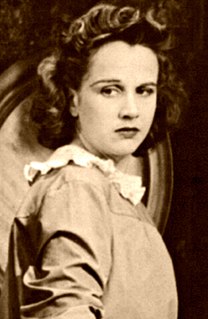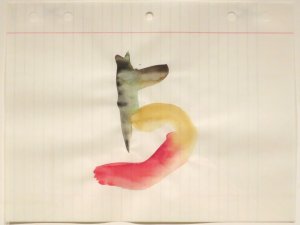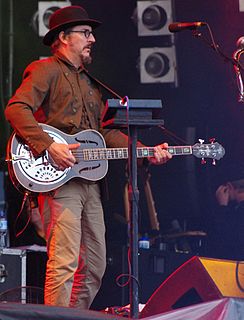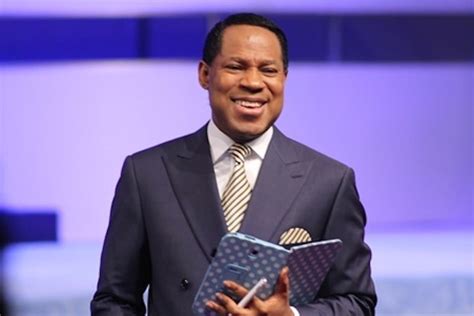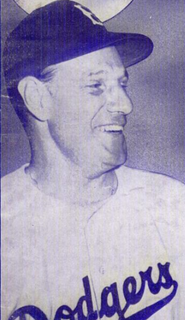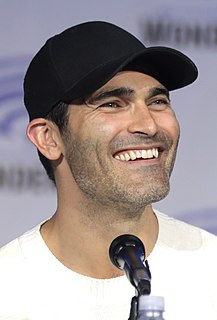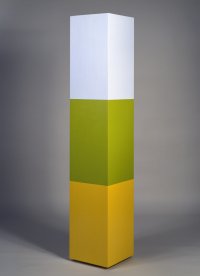A Quote by Kim Hunter
I see my work as visual meditations on the human experience and my attempts to capture the thin, otherwordly realm I believe exists between what we see and what we cannot.
Related Quotes
I believe that nothing can be more abstract, more unreal, than what we actually see. We know that all we can see of the objective world, as human beings, never really exists as we see and understand it. Matter exists, of course, but has no intrinsic meaning of its own, such as the meanings that we attach to it. We can know only that a cup is a cup, that a tree is a tree.
If you're going to be a visual artist, then there has to be something in the work that accounts for the possibility of the invisible, the opposite of the visual experience. That's why it's not like a table or a car or something. I think that that might even be hard for people because most of our visual experiences are of tables. It has no business being anything else but a table. But a painting or a sculpture really exists somewhere between itself, what it is, and what it is not-you know, the very thing. And how the artist engineers or manages that is the question.
A man without the Holy Ghost is a blind man. He may not know it but that's what blindness is all about. A blind man is not just someone who cannot see, he can see alright, but all he sees is darkness. It's the same thing in the realm of the spirit. A blind man in the realm of the spirit is one who doesn't know the things of the spirit, he can't see the things of the Spirit of God. But when the Holy Spirit comes into your life, you will no longer be blind because He will cause you to see what others can't see.
I honestly think the impulse is to grab something and capture it, and not capture a moment that you want to remember, but just capture an image that you want other people to see right away. It's about how someone is going to "like" this and it's no longer an experience. It's just this constant sharing of images. I personally don't like that very much.
I see my work as a series of attempts to ruin certain representations and to welcome a female spectator into the audience of men. If this work is considered incorrect, all the better, for my attempts aim to undermine that singular pontificating male voice-over which correctly instructs our pleasures and histories or lack of them.
As readers, we remain in the nursery stage so long as we cannot distinguish between taste and judgment, so long, that is, as the only possible verdicts we can pass on a book are two: this I like; this I don't like. For an adult reader, the possible verdicts are five: I can see this is good and I like it; I can see this is good but I don't like it; I can see this is good and, though at present I don't like it, I believe that with perseverance I shall come to like it; I can see that this is trash but I like it; I can see that this is trash and I don't like it.
